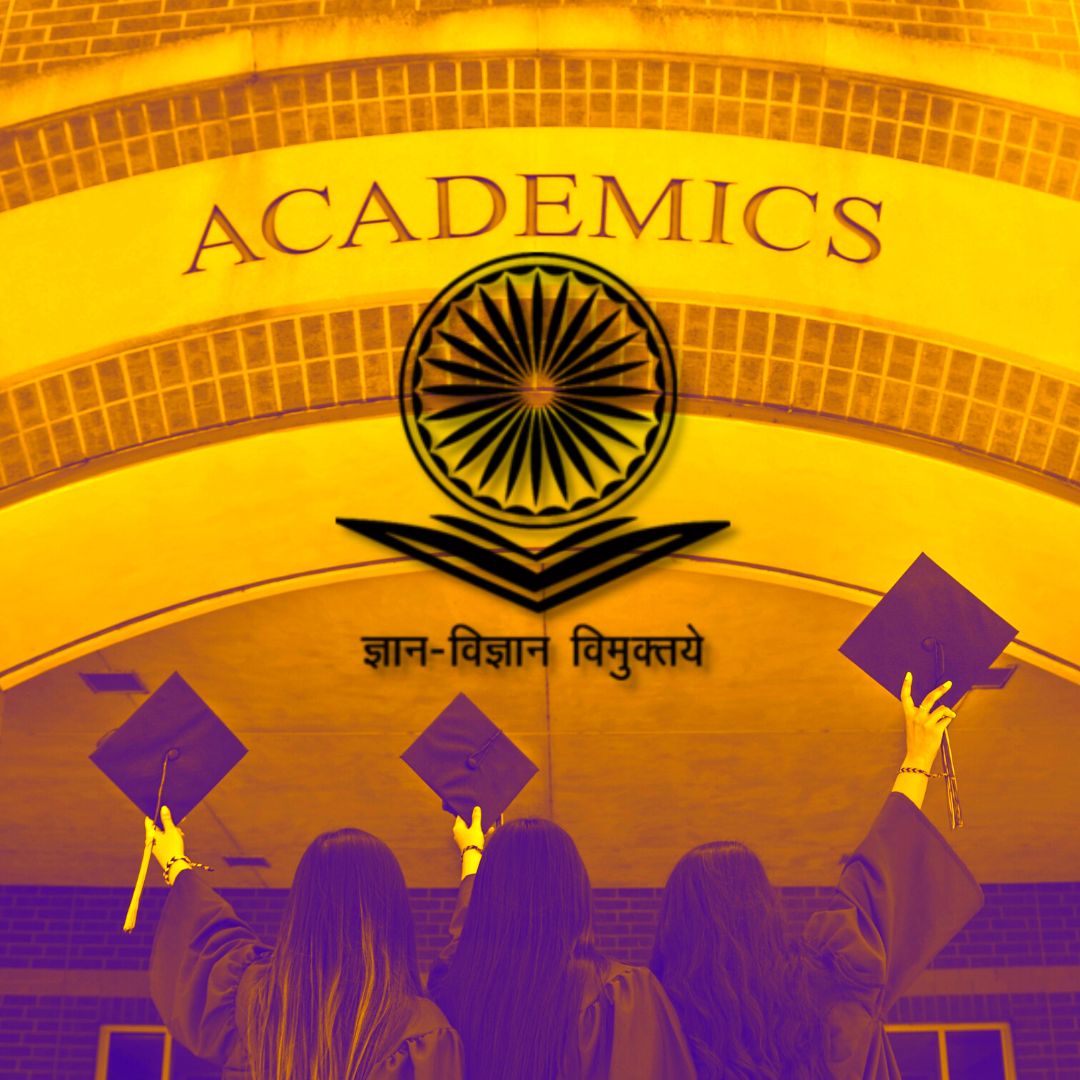
Image Credit: Unsplash (Representational)
University Grants Commission Releases Accessibility Guidelines, Standards For Higher Education Institutions & Universities
Writer: Tanmay Channa
I am currently pursuing BSc.Economics from NMIMS University, Mumbai. I have a deep interest for research and journalism.
India, 17 July 2022 5:08 AM GMT
Editor : Snehadri Sarkar |
While he is a massive sports fanatic, his interest also lies in mainstream news and nitpicking trending and less talked about everyday issues.
Creatives : Snehadri Sarkar
While he is a massive sports fanatic, his interest also lies in mainstream news and nitpicking trending and less talked about everyday issues.
The building and infrastructure facilities should be accessible and disabled-friendly, and bridge courses should be developed for students from disadvantaged educational backgrounds.
The University Grants Commission (UGC) released the Accessibility Guidelines and Standards for Higher Education Institutions and Universities on July 4, stressing universities and colleges to develop effective, accessible mechanisms for persons with disabilities that should cover every stage from admissions to completion of courses.
The Guidelines
UGC opines that these guidelines are essential for effectively transitioning students from socio-economically disadvantaged groups, including persons with disabilities, to higher education. It further stated that these guidelines align with the new National Education Policy (NEP) recommendations, 2020.
The guidelines say that a common learning program should be created that should be flexible and accessible to all students. The building and infrastructure facilities should be accessible and disabled-friendly, and bridge courses should be developed for students from disadvantaged educational backgrounds. The administration should focus on providing socio-emotional and academic support for all such students through appropriate counselling and mentoring programs, as reported by NDTV Education.
The guidelines state that higher education institutions should have a provision of support for all activities, which include registration, academic support, facilitating stay and conveyance, fee submission, sponsorship, timetable, schedules and academic almanac, grievance redressal, release or delivery of mark sheet, certification, diploma, transcript, migration, counselling, fellowship and scholarships, and capacity building of staff which could help the students in the transformation.
Key Takeaways
It adds, "Higher education environments must facilitate that all students who experience disability have the right to access and participate in education, the ability to learn, and the right to exercise their voice, choice, and control in managing their own educational experiences."
The specific guidelines include a suggestion for universities to number choices for multiple choice questions with capital letters such as A, B, C, and D to help dyslexic students not get confused between 'b' and 'd'. The guidelines have a provision that talks about specific needs and measures for students affected with cerebral palsy, acid attack survivors, leprosy cured persons, dwarfism, muscular dystrophy, blindness and low vision, autism spectrum disorder, multiple sclerosis, Parkinson's disease, thalassemia and haemophilia, among others, as reported by Times of India.
The higher educational institutions must focus on having an accessible unisex toilet available at all strategic locations where the washrooms for both genders are also made available, they further add. Preferential seating arrangement, which could be near the door or at the back of the classroom, could be an effective way to support the mental illness and students with autism spectrum disorder should be allowed to focus on parts of a topic rather than the entire concept, the UGC says in its recommendations, as reported by The Indian Express.
The higher education institutions should ensure that they remove any barrier that stops, impedes, prevents, or causes difficulty for an individual to participate in all aspects of higher education fully.
Also Read: 77,000 Trees Cut Down In Delhi With A Rate Of 3 Trees Every Hour In Past 3 Years; HC Told
 All section
All section













